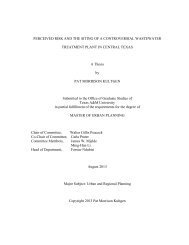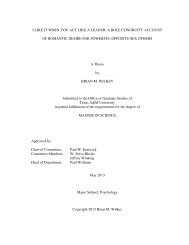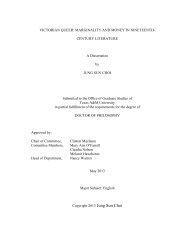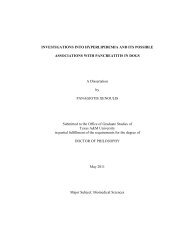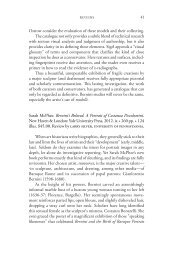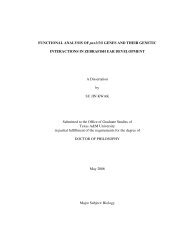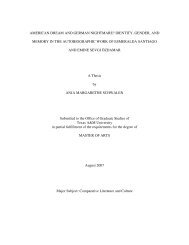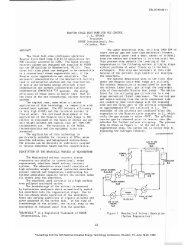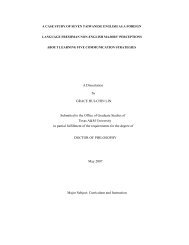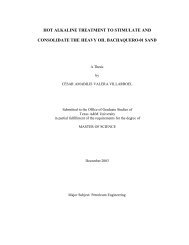THE EFFECT OF ETHICAL SIGNALS ON RECRUITMENT ...
THE EFFECT OF ETHICAL SIGNALS ON RECRUITMENT ...
THE EFFECT OF ETHICAL SIGNALS ON RECRUITMENT ...
You also want an ePaper? Increase the reach of your titles
YUMPU automatically turns print PDFs into web optimized ePapers that Google loves.
Theoretical Implications<br />
This research has many theoretical implications. First, regarding ethics and the<br />
ethical theories developed, this research suggests that ethics matters during recruitment.<br />
Specifically, as both studies demonstrated, ethical signals do affect organizational<br />
attraction. Given these results, organizations may consider adopting a more<br />
deontological perspective (i.e., stressing what is “right” instead of the end result),<br />
especially in regards to recruitment. This ethical stance will be the most beneficial in<br />
terms of attracting the most applicants in the recruitment process. Finally, by applying<br />
ethics to recruitment research in both a field and a laboratory experiment, this research<br />
also answers a call for more rigorous empirical studies in ethics as well as addresses a<br />
gap in the literature regarding the consequences of ethics.<br />
Schneider’s ASA framework and the fit literature suggest that ethical individuals<br />
should be more attracted to ethical organizations and unethical individuals should be<br />
more attracted to unethical organizations, and this research provides some support.<br />
Future researchers should examine how ethics applies to ASA at later stages (i.e.,<br />
attrition). For example, after accepting and starting the job, one is faced with a complex<br />
ethical dilemma. Individuals with high CMD will recognize the dilemma and reason<br />
through it using their own value systems (in addition to the organization’s ethical codes).<br />
Those low in CMD will be more likely to just follow the customs and norms of the<br />
organization (look for signals from the organization as to how they should act; i.e.,<br />
Trevino, 1990). If the organization has an unethical culture, those high in CMD may<br />
recognize that there is an “ethical misfit” and leave, while those low in CMD may<br />
90



